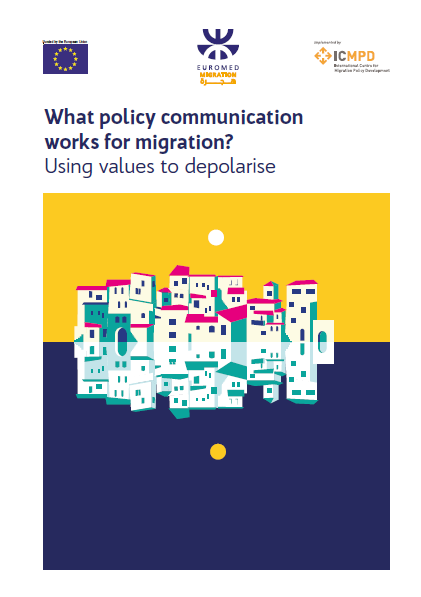What policy communication works for migration? Using values to depolarise

Studies of communication regarding migration have overwhelmingly focused on negative or unrepresentative portrayals of migrants in media, which are argued to often be hyperbolic in order to garner additional readers or viewers, or by political actors using such frames for strategic electoral reasons. Research considering when strategic communication for less, arguably, nefarious reasons is effective has been less developed.
Despite that, or perhaps because of it, in recent years a number of advocacy groups and NGOs have produced guides to communicating on migration. Owing to their origin, either implicitly or explicitly these guides usually have had the aim of increasing the positivity to migrants or migration amongst the citizens and voters of host countries.
This study places the most common recommendation from practitioners—that migration communication should be based on values—within the broader scientific literature by introducing Schwarz’s psychological theory of ‘basic human values’ and then using European Social Survey data to visualise the relationship between these values and attitudes to immigration, a relationship already well established in the political psychology literature.
The report then moves on to considering migration communication campaigns from both sides of the Mediterranean as produced by NGOs and public policy makers.





































